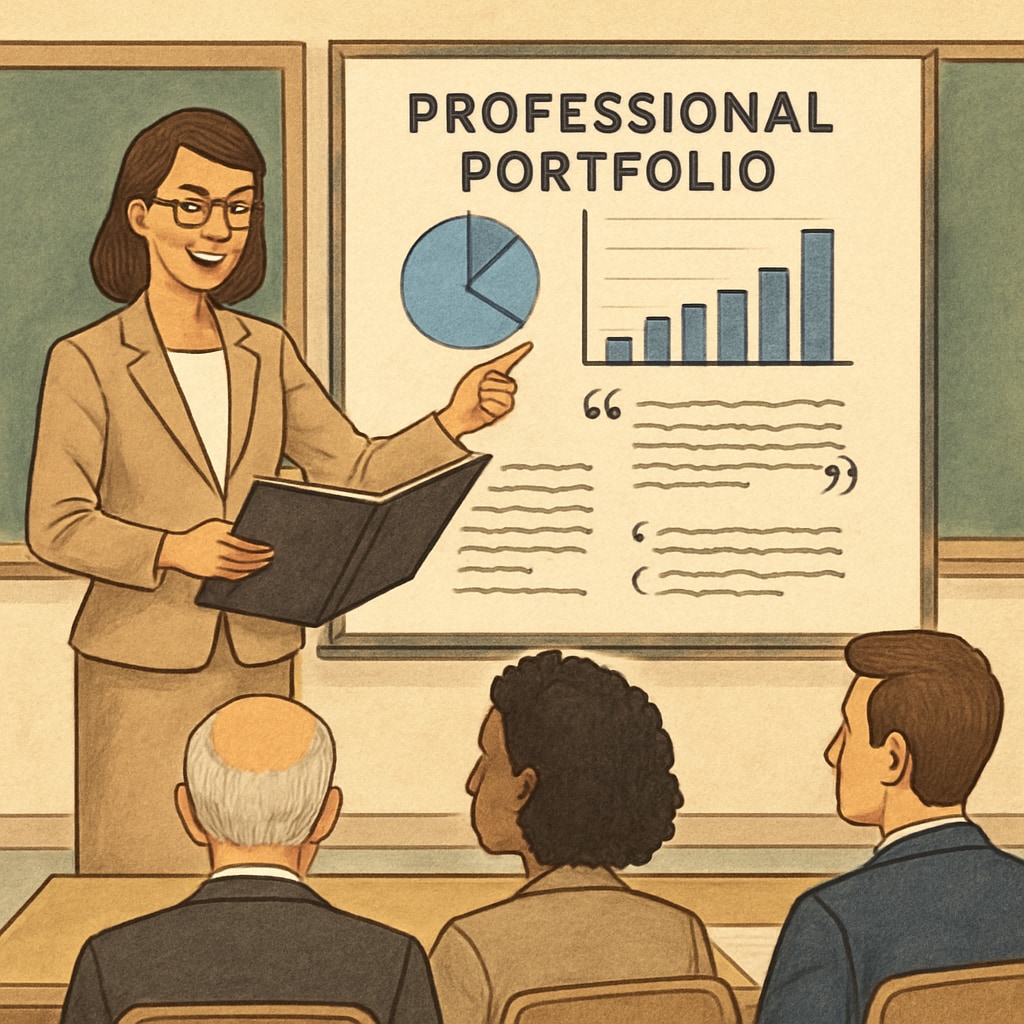For many K12 educators, the requirement that job references must come from supervisors creates a significant “job references requirement” hurdle. While this policy may seem logical in other industries, it often overlooks the unique dynamics of the education sector. This article delves into why this expectation can be problematic, its impact on educators, and actionable solutions to help teachers navigate this issue effectively.
Why the Supervisor Requirement for Job References Is Unfair
The expectation that job references must come from supervisors assumes a universal workplace structure, where employees have regular and constructive interactions with their direct managers. However, this is not always the case in K12 education. Teachers often operate autonomously within their classrooms, with minimal direct oversight from school administrators. As a result, the relationship between teachers and their supervisors may lack the depth required for a meaningful recommendation.
In addition, educators may have strained relationships with their administrators due to differences in teaching philosophy or workplace culture. While these differences do not necessarily reflect a teacher’s competence, they can negatively affect the willingness of a supervisor to provide a reference—or the quality of the reference itself.

Alternative Perspectives: Why Peer or Student References Can Be Valuable
Instead of limiting references to supervisors, schools and hiring committees should consider the value of peer and student references. Teachers spend the majority of their time collaborating with colleagues and engaging with students. These groups have a direct understanding of an educator’s teaching style, classroom management skills, and ability to foster a positive learning environment.
For example, a fellow teacher can provide insight into an applicant’s teamwork, adaptability, and contributions to the school community. Similarly, feedback from students or parents can highlight how a teacher’s methods impact learning outcomes. These perspectives offer a more holistic view of an educator’s capabilities, which can be invaluable during the hiring process.
Strategies for Educators Facing the Supervisor Reference Dilemma
While challenging the “job references requirement” may not be feasible for every application, educators can take proactive steps to navigate this obstacle:
- Leverage Non-Traditional References: If your supervisor cannot provide a strong recommendation, consider asking department heads, senior colleagues, or even parents. Be prepared to explain why these individuals are better positioned to assess your performance.
- Document Your Achievements: Maintain a portfolio of your accomplishments, such as student performance data, lesson plans, and testimonials. This evidence can supplement any gaps in your references.
- Communicate Openly: During interviews, address any concerns about your references. Highlight the context of your relationship with your supervisor and emphasize the strengths of your alternative references.

Conclusion: A Call for Change in the Hiring Process
The rigid requirement for supervisor-based job references fails to account for the realities of the K12 education environment. By recognizing the value of alternative recommendations and supporting educators in showcasing their skills, hiring committees can create a more inclusive and accurate evaluation process. For educators, being proactive and resourceful is key to overcoming this challenge and advancing their careers.
Readability guidance: Short paragraphs and lists summarize key points. Passive voice and long sentences are minimized. Transition words are used to ensure smooth reading flow.


